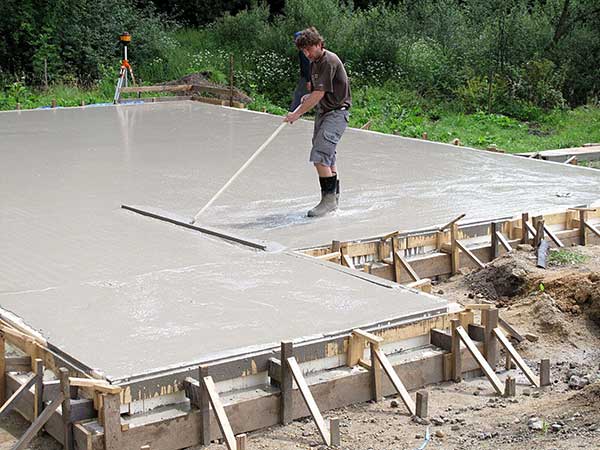Site preparation for laying concrete foundations: Start by clearing the area of any vegetation, debris, or existing structures. Excavate the soil to the required depth, ensuring a level and stable base. Removing any soft or organic material and compacting the soil to prevent future settling is crucial.
Selecting the right type and mix of concrete for foundations: Choosing the correct concrete mix is crucial for the strength and longevity of your foundation. Factors such as soil conditions, load-bearing requirements, and local building codes should be considered. At CEMEX, we offer a range of superior concrete products designed explicitly for foundations, offering excellent strength and durability.
Considerations for weather and timing: Weather conditions play a significant role in concrete curing. When planning your foundation project, it is essential to consider factors such as temperature, humidity, and precipitation. Extreme weather conditions can adversely affect the setting and overall quality of the concrete. Timing is crucial to ensure the concrete is poured and finished within the appropriate timeframe.
Considering these factors, you can ensure that your concrete foundations are adequately prepared, using the right type and mix of concrete, and completed at the optimal time. At CEMEX, we are committed to providing reliable and high-quality concrete solutions for all your foundation needs.







